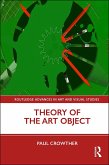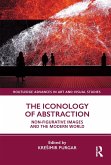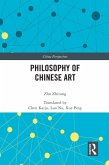This is an open access title available under the terms of a CC BY-NC-ND 4.0 license. It is free to read at Oxford Academic and offered as a free PDF download from OUP and selected open access locations. Wherever on the globe anyone sets foot, they find people immersed in matters aesthetic. In UNESCO's definition, there can be no culture that lacks an aesthetic life. Aesthetic life is in this sense a cultural universal. At the same time, aesthetic engagement has a geography. While all cultures have an aesthetic, no single aesthetic belongs to all cultures. The rules of aesthetic engagement vary by culture. How should aesthetics proceed if we take this fact of aesthetic diversity, rather than the presumption of aesthetic universality as our starting point? How should we theorize the cultural origins and cultural basis of aesthetic diversity? How should we think about the value and normativity of aesthetic diversity? To model what the turn toward diversity might look like in aesthetic inquiry, the four authors of this book each defend a different account of aesthetic diversity, and together they engage in a collective dialogue about these issues.
The Geography of Taste will interest students in aesthetics courses as well as others interested in novel, global approaches to aesthetics.
Dieser Download kann aus rechtlichen Gründen nur mit Rechnungsadresse in A, B, BG, CY, CZ, D, DK, EW, E, FIN, F, GR, HR, H, IRL, I, LT, L, LR, M, NL, PL, P, R, S, SLO, SK ausgeliefert werden.









